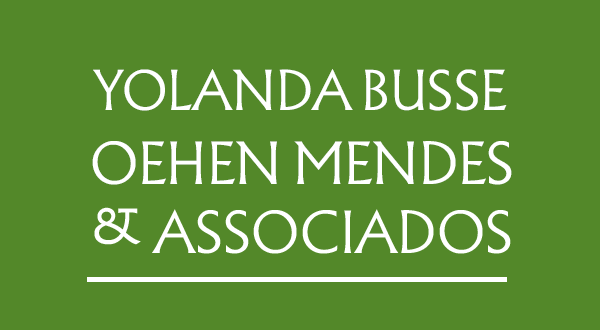Amendments in the legal regime of entry, stay, exit and removal of foreigners from the national territory
The amendments introduced in the legal regime for the entry, stay, exit, and removal of foreigners from national territory have brought some novelties, especially in terms of granting new types of visas and with regard to the simplification of procedures for granting visas and residency permits.
1. VISA for job search
A visa for job search has been introduced with the recent amendments. This type of visa entitles the holder to enter and stay in Portugal for the purpose of searching for a job in Portugal.
The holder of the visa is allowed to work, under this visa, until its expiration or until a residency permit is granted.
The applicant must present a declaration on the conditions of the intended stay and proof of submission of a declaration of expression of interest for registration at the Institute of Employment and Vocational Training (IEFP, I.P.) website, identifying the academic qualifications and professional experience.
In addition, the applicant must also demonstrate having available financial resources of an amount corresponding to at least 3 times the amount of the minimum monthly guaranteed revenue, which at the moment is 705,00 EUR, although it is expected to be 760,00 EUR in 2023.
The visa is granted for a period of 120 days, however it may be extended for an additional period of 60 days, and only allows one entry into Portugal.
After establishing an employment relationship within the period of validity of the visa, the applicant may request a temporary residence permit to work in Portugal, which has the validity of two years, and it is renewable for three years.
2. Digital nomad VISA
The amendments introduced in the Portuguese immigration law also foreseen the creation of a new type of visa, especially, designed for digital nomads. This visa can be a temporary stay visa, if the duration of the stay is less than one year, or a residency visa, if the duration is longer than one year.
This visa allows the entry and stay in Portugal with the purpose of exercising a professional activity provided remotely to an individual or legal entity located outside the Portuguese territory. The exercise of a professional activity provided remotely can be either subordinated or independent.
In subordinate work situations, the applicant must present a document attesting their tax residence and one of the following documents: a. employment contract; b. promise of employment contract; c. employer´s declaration proving the labour relationship.
On the other hand, in situations of self-employed activity, the applicant must also present a document attesting their tax residence, and one of the following documents: a. company contract; b. contract for the provision of services; c. written tender for a service contract; d. document demonstrating services provided to one or more entities;
In both cases, the applicant must also demonstrate that it possesses an average monthly income in the latest three months of a minimum value equivalent to four guaranteed minimum monthly remunerations.
Finally, the holder of the digital nomad visa can apply for a temporary residence permit on the same basis, which is valid for a period of two years, and renewable for periods of three years. After five years, the temporary residency permit holder may apply for a permanent residency permit and/or Portuguese nationality.
3. Additional relevant amendments to the Portuguese immigration law
Notwithstanding the regulation of these two new types of visas have been the main novelties of the amendments introduced by the law, it is important to refer other relevant amendments that occurred with the change in the law.
In terms of family reunification, it becomes possible for the family members who intend to accompany the applicants of a residency visa to Portugal, to apply for a family reunification visa, in simultaneously, with the visa application of the applicant that the family members intend to accompany.
Holders of residency permits assigned to investigation, study, professional internship or volunteer are allowed to exercise a professional activity, subordinate or independent, complementary to the activity that served as basis for being granted the visa.
The Portuguese Government decided to remove the minimum employment quotas for Portuguese and EU workers related with the purpose of granting a residency visa to the exercise of a subordinate professional activity of a foreign applicant, simplifying the regime of hiring foreign workers.
It was established a new residency permit for the British citizens, residing in Portugal, in accordance to the United Kingdom’s Withdrawal Agreement, replacing the European Union residency documents (certificate of registration issued by the town halls and Certificate of permanent residency issued by SEF).
A Portuguese tax identification number, Portuguese social security identification number, and provisional health care user number will be automatically assigned as part of the process for obtaining a residency visa.
October of 2022


